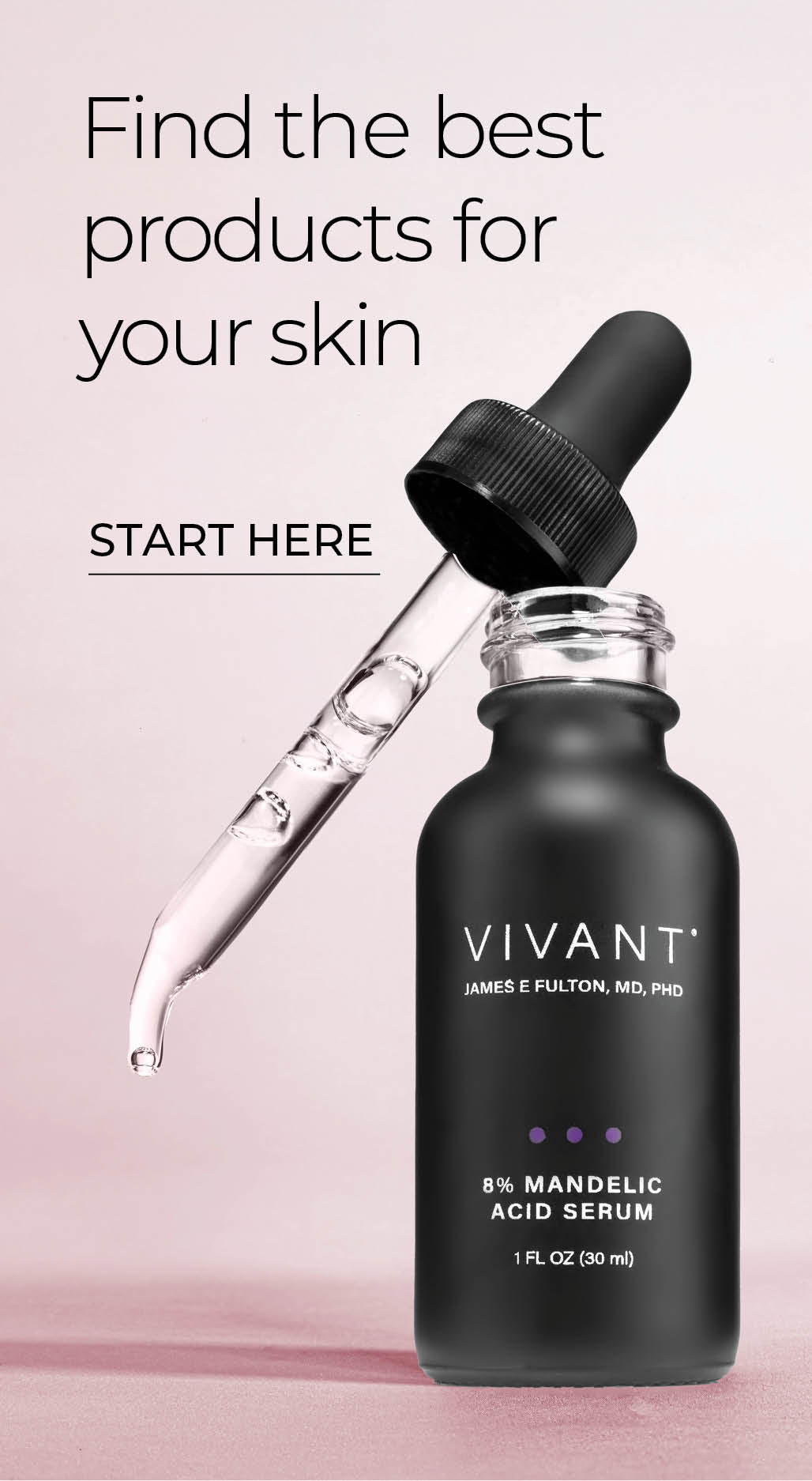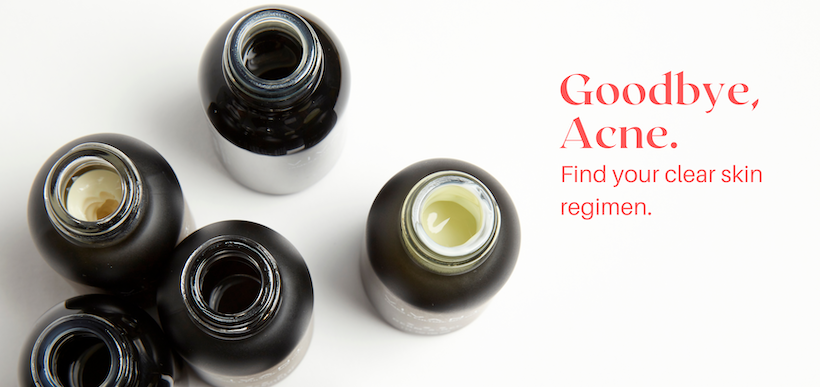Yes, You Can and Should Use Retinoids in Summer

Table of content
Retinoids are the crown jewel of skin care for their ability to improve texture, smooth lines, fight acne, correct pigment, and maintain healthy collagen. But despite being one of the most researched and revered ingredients in skincare, misconceptions persist, including the idea that retinoids should be avoided during the summer months because of increased photosensitivity.
Dermatologists agree that nearly everyone (except pregnant women) should use retinoids in their daily skincare routine, even during sunny summer months. (Great news for those living in places like Arizona, California, or Florida, where it’s essentially summer all year.)
Do retinoids make skin more sensitive to UV?
Photosensitivity is associated with retinoid therapy. However, this sensitivity generally happens only when you begin using retinoids for the first time. As skin acclimates, you may notice some mild redness or irritation, which can increase sun sensitivity for the initial few weeks. If you are new to retinoid therapy or have sensitive skin, limit your application to evening.
The real factors to consider are the type of retinoids used and where you are in your skincare journey. Retinoids range from a very mild derivative like retinyl palmitate, common in over-the-counter formulations, to the strongest prescription form, isotretinoin. At the stronger end, there is more chance of photosensitivity. However, studies show that increased susceptibility to sunburn occurs only in a small percentage of patients prescribed isotretinoin* and that any increased sensitivity is as likely to occur in winter as in summer.
As long as you protect your skin with sunscreen daily and avoid prolonged exposure during peak sun hours, your risk of retinoid-related sunburn is minimal. And you should be using SPF regularly anyway to avoid age-accelerating photodamage.
Does sunlight reduce retinoid efficacy?
The other concern surrounding retinoids in summer is that the ingredient itself is sensitive to light and air. However, this concern is mainly limited to storage. We house our serums in dark, airtight bottles for that reason. If you apply a retinoid serum and expose your skin to the sun immediately, effectiveness may be reduced, but once absorbed by the skin, efficacy is unaffected.
Summer Rules for Retinoids
1. Use SPF daily and reapply frequently
2. Limit sun exposure during peak hours
3. Use in the PM if you’re new to retinoid therapy
4. Allow product to absorb before any UV exposure
If you still have concerns, Clinical Mandelic acid is happy to step in and play the leading role of brightener and renewer in your regimen. This multi-tasking AHA is a gentle resurfacer that includes anti-bacterial properties to enhance acne-fighting activity. Its large molecular structure slows absorption into the skin, making it gentle enough for all skin types, including hyperpigmentation-prone and rosacea-affected skin.
What are the different types of retinoids?
Retinoic acid is the most bioactive form among retinoids. It’s the pure form of vitamin A and can be upregulated by the body without conversion. Its small molecular size allows it to penetrate the skin quickly. All those things make it inherently more powerful but also more irritating.
Retinyl Propionate, developed and patented by Dr. Fulton, is closest in molecular size to pure retinoic acid with just three additional carbons. At the other end of the scale, retinyl palmitate has an additional 16 carbons, making it too large to reach the dermis effectively. Vivant’s patented retinyl Propionate is small enough to reach its target but large enough to minimize irritation.
The unique metabolic profile of Retinyl Propionate has proven to be more effective than either retinyl palmitate or retinol. A 2020 study compared the skin penetration, metabolism, and retinoid activation levels among retinol, Retinyl Propionate, and retinyl palmitate. Results found that retinoid activation and hyaluronic acid synthesis levels were higher in skin treated with Retinyl Propionate than in skin treated with retinol, while retinyl palmitate yielded a “null effect.”
In addition to its overall efficacy and skin tolerability, Retinyl Propionate has a better stability profile than other retinyl esters. This enhanced stability improves both product performance and shelf life.
The Bottom Line
The powerful benefits of retinoids make this ultimate renewer a must-have all year round. And because effects are cumulative, regular usage is critical. For instance, taking a summer hiatus would stop your progress if you are using retinoids to treat acne.
Skip the seasonal doubt. Keep using your products and use your sunscreen for healthy skin without interruption.
*Source: American Academy of Dermatology, 1985


Comments